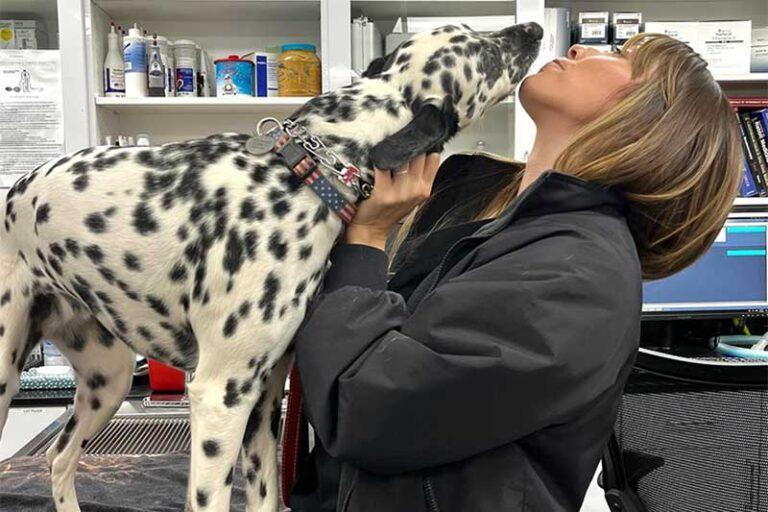Why Is Your Dog’s Mental Health Important?

- posted: Oct. 26, 2023
As dog owners, we all want our furry friends to be happy and healthy. However, many of us may not be fully aware of the importance of our dog’s mental health. Mental well-being is just as important as physical health, and dogs are no exception. In this blog post, we’ll explore why your dog’s mental health is crucial and what you can do to ensure they are happy and emotionally healthy.

- posted: Oct. 26, 2023
As dog owners, we all want our furry friends to be happy and healthy. However, many of us may not be fully aware of the importance of our dog’s mental health. Mental well-being is just as important as physical health, and dogs are no exception. In this blog post, we’ll explore why your dog’s mental health is crucial and what you can do to ensure they are happy and emotionally healthy.
The Melrose Vet
8304 Melrose Ave,
Los Angeles, CA 90069
